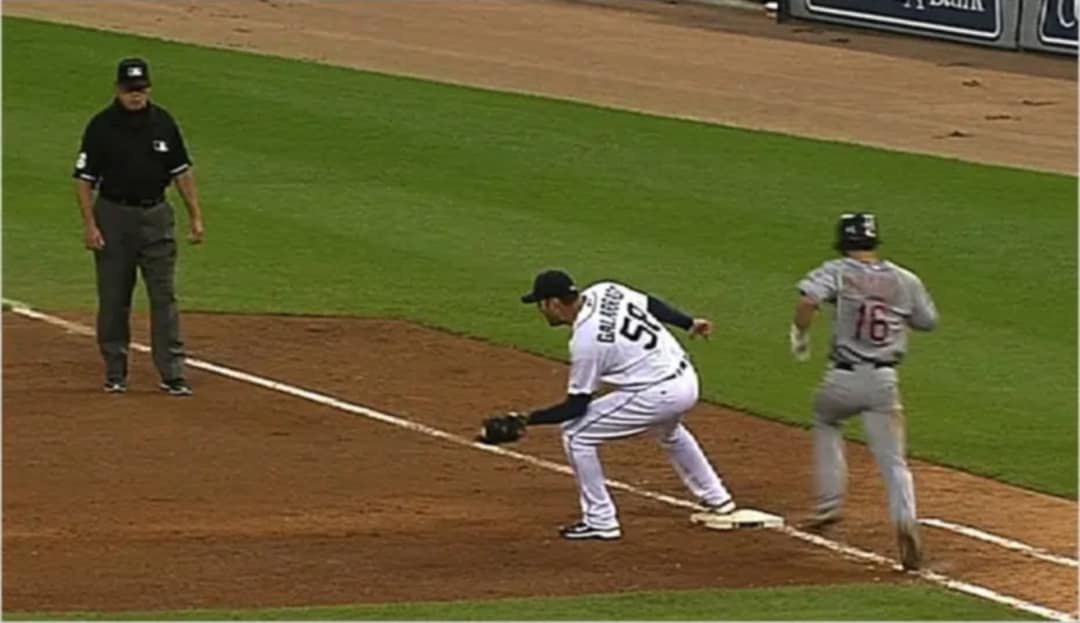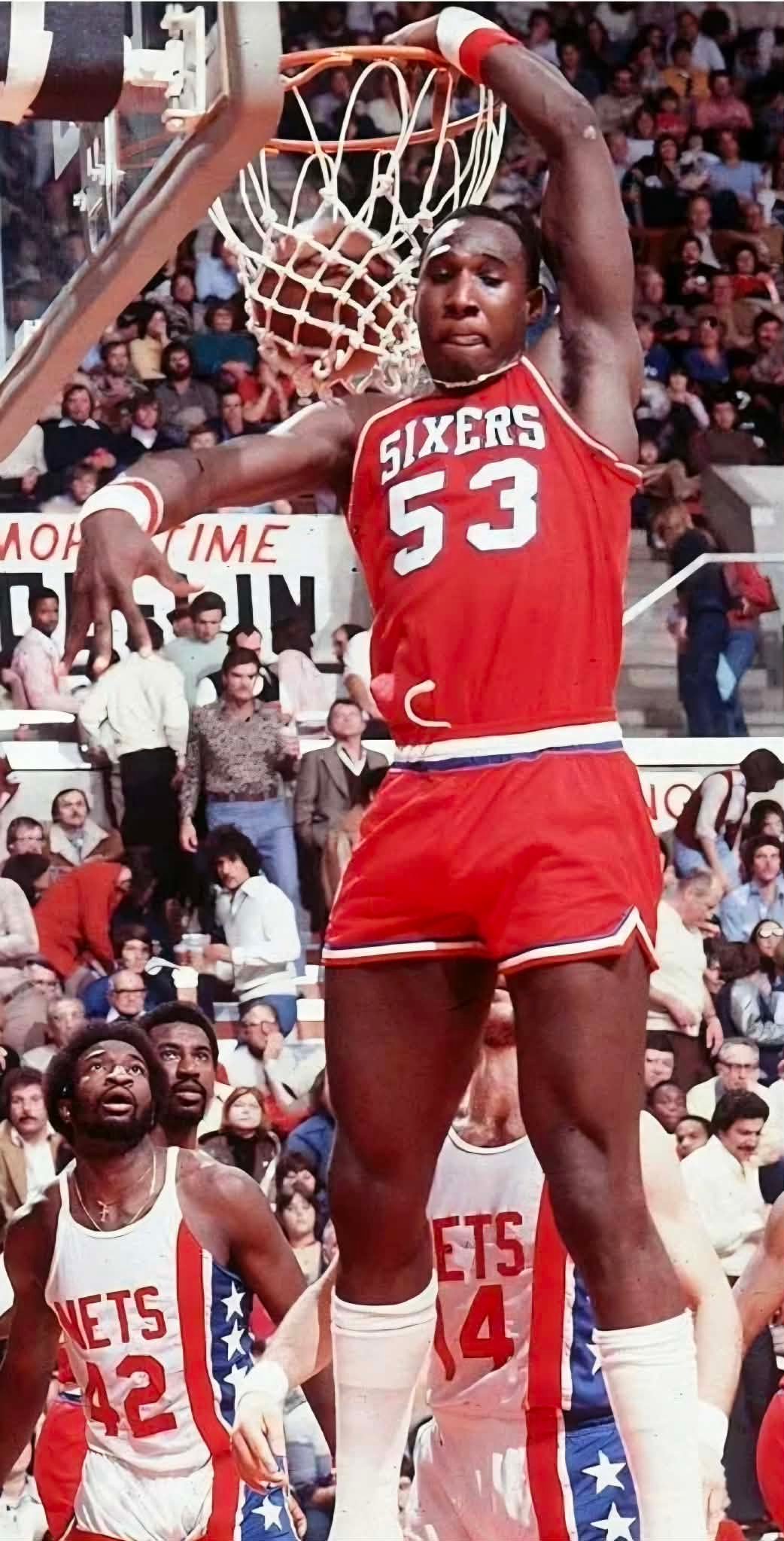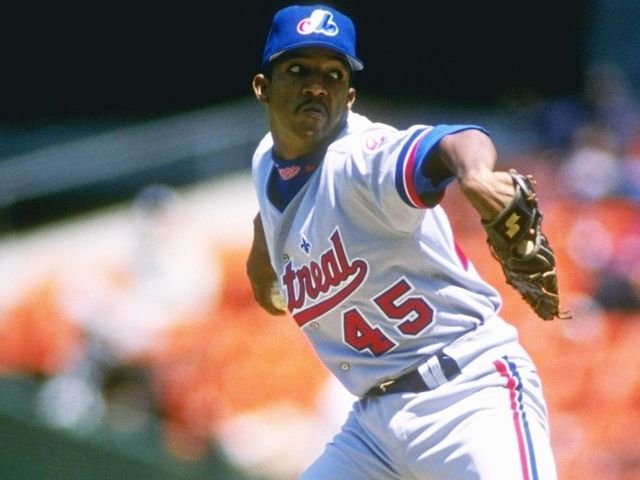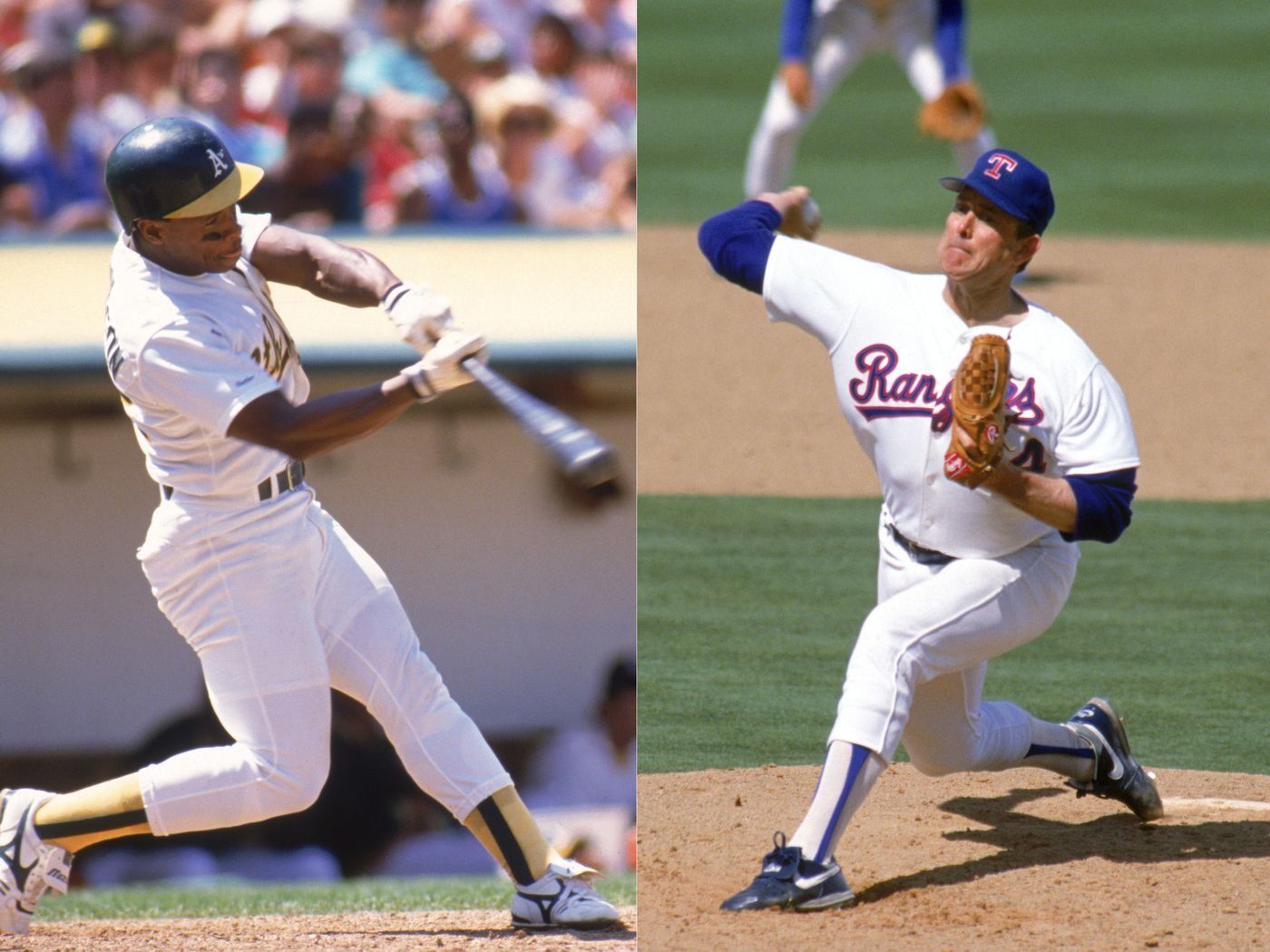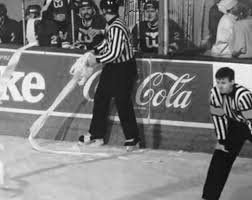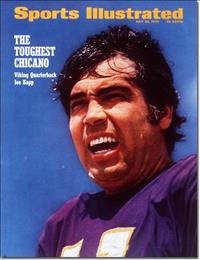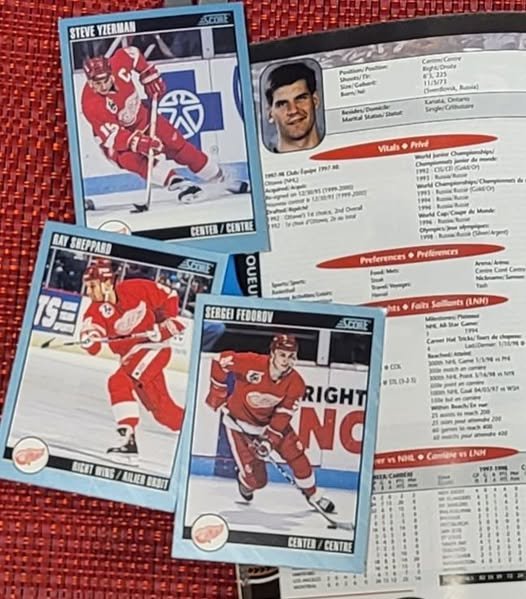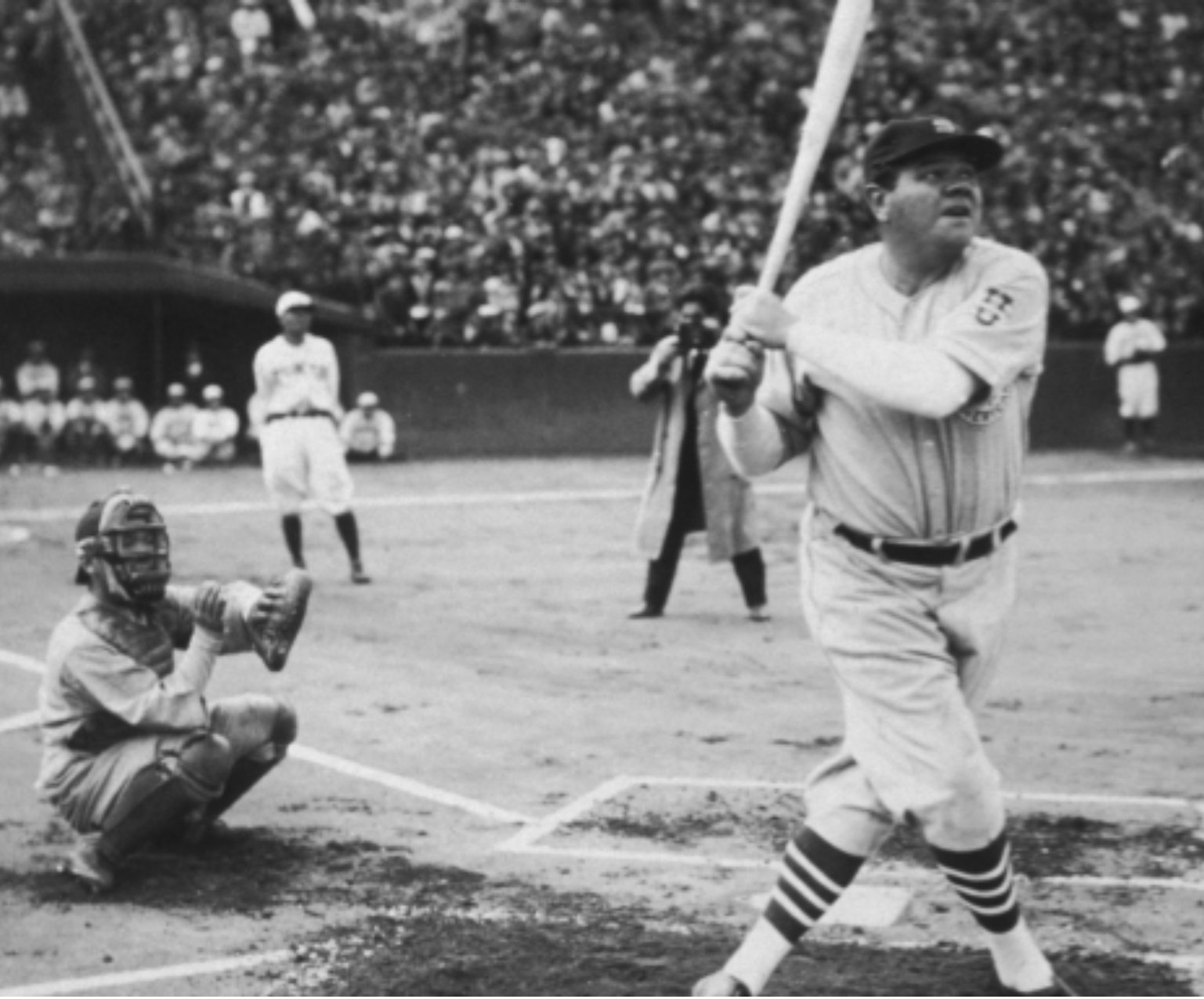by Howie Mooney
On June 1, 2010, the Detroit Tigers played the Cleveland Indians at Comerica Park. They lost that game by a score of 3-2. It was the first of a three-game series. The loss dropped their record to 26 wins and 25 losses on the season. At that moment they were in second place in the American League Central Division, five games behind the Minnesota Twins.
The previous weekend, one of the Tigers’ pitchers, Dontrelle Willis, had been designated for assignment. That meant he was taken off the team’s roster and the club had ten days to find a trade for the struggling starter, or another team could claim him off waivers. Otherwise, he would be released. On June 1, the Tigers dealt him to the Arizona Diamondbacks for Billy Buckner. No, not THAT Bill Buckner. This Buckner was a pitcher, and he would report to Detroit’s Triple-A affiliate in Toledo, the Mud Hens.
Willis had been a shooting star from the time he had made his major league debut. In 2003, as a member of the Florida Marlins, he had been the National League’s rookie of the year. In 2005, he was a 22-game winner. By 2007 though, the wheels had been in the process of falling off for Willis. He was 10-15 with an ERA north of 5.00.
Over the course of his time with the Marlins though, he showed he could handle a bat, at least. He had clubbed eight home runs, driven in 35 and posted a batting average of .235. At the winter meetings, the Marlins dealt Willis and then-24-year-old four-time all star Miguel Cabrera to the Tigers for six players. His tenure in Detroit followed along with what he’d done in 2007 and were never close to resembling his strong early seasons.
The next night, in Willis’ place, a journeyman pitcher would take the mound for the Tigers.
On May 21, the Tigers and the Twins had been tied at the top of their division. Since then, Detroit had won just two of their next ten games. Minnesota had gone 7-3. To say that the Tigers had been in a slump would at least be correct. Some frustration was creeping into their collective consciousness. On the day after the team traded Willis back to the National League, they would be playing the second game of their series against Cleveland. Their pitcher that night would be Armando Galarraga.
Galarraga was 28 years old and had been the team’s sixth starter. He had seen some spot starts here and there in 2010. Coming into this game, he wanted to prove to his teammates and his manager that he deserved to have a spot in the regular rotation. To that point in the season, Galarraga had posted a record of a win and a loss and had pitched to an earned run average of 4.50.
His career had seen some highs and some lows. He was just 16 when he was scouted and signed by the Montreal Expos in 1998. He had climbed the requisite rungs of the minor league ladder, starting out in the Gulf Coast League, moving up to A ball and then Double-A. In 2005, after the team had moved to Washington and had become the Nationals, they dealt the still young Armando to the Texas Rangers. He would play in their minor league organization until he made the jump to the big club for three games in 2007.
In February of 2008, Galarraga was traded to the Tigers for a minor leaguer. He was 26 and he would make 30 appearances, 28 of them as a starter. He posted a respectable 13-7 record with a 3.73 earned run average. He came fourth in American League Rookie of the Year voting. In 2009 though, he slipped to 6-10 with an ERA of 5.64. His starts dropped to 25. In 2010, he was hoping to work his way back to the levels he had pitched at two seasons before. With the trade of Willis, he at least seemed to have an opportunity.
On June 2, Galarraga got the start. As he was running through his warmup pitches, the broadcast team was pointing out what he needed to do in this outing. The first of those was that he needed to earn the fifth starter’s spot. This start was a potential step on his way back into the Tigers’ rotation. The first inning went well enough. He retired Trevor Crowe, Shin Soo Choo and Austin Kearns in order on just nine pitches.
Austin Jackson led off the Detroit half of the first inning with a single. But after Johnny Damon hit into a 1-6-3 double play, Magglio Ordonez grounded out to Cleveland second baseman, Mark Grudzielanek, to end the inning. Fausto Carmona – who later changed his name to Roberto Hernandez – got out of the inning on eleven throws.
In the top of the second, Galarraga would face Travis Hafner, Jhonny Peralta and Russell Branyan. The Tigers’ righthander got those three men on ten tosses. The first man up for Detroit in the bottom of the inning would be Miguel Cabrera. The first pitch from Carmona missed for a ball. On the next pitch, Cabrera got pretty much all of it. Just like that, Galarraga had a 1-0 lead. The Detroit second would end that way. It was a slim cushion, but it was a lead that he would work hard to keep. He used ten pitches to retire the 7-8-and-9 hitters, Grudzielanek, Mike Redmond and Jason Donald. He was making it look easy.
In their half of the third, the Tigers sent four men to the plate but came away with nothing. Facing the top third of the Cleveland order in the top of the fourth, Galarraga recorded his first strikeout of the game to get out of the inning. He threw eleven more pitches and had still not allowed a base runner or a hit. He had been mostly pitching to contact but the Indians had yet to hit anything solidly on the righty. Carmona was pitching well also and he got the Tigers in order in the fourth.
Galarraga continued to pitch efficiently as he faced the middle of the Cleveland lineup. A fly ball and a pair of grounders right back to him got him out of the inning and in the middle of the fifth, the score was still just 1-0. In the bottom of the inning, Alex Avila managed a line drive single to left, but he was stranded after the third out, a liner by Ramon Santiago to centre fielder Trevor Crowe, ended the inning.
Back in the early days of the Montreal Expos, play-by-play man Dave Van Horne had a name for the last inning of the game if the Expos had a lead – especially if that lead was slim. He always said, “We’re heading into the ‘nervy ninth’!” At this point in this game at Comerica Park, Galarraga had faced fifteen batters and retired all of them. Every pitch from this point forward would be ‘nervy’ now as the teams headed into the top of the sixth inning.
It would be the 7-8-and-9 hitters coming up in that sixth for Cleveland. Mark Grudzielanek fell behind at a ball and two strikes and fouled off another pitch before trying to check his swing on a breaking ball. Grudzielanek went around though for the strikeout. Then Mike Redmond lofted a ball that centre fielder Austin Jackson had to go back and to his left to retrieve for the second out. That brought Jason Donald to the plate, and he was a-swinging. On Galarraga’s first offering, Donald lined a ball that forced Magglio Ordonez toward the track in right. He got there easily for the eighteenth consecutive out of the ball game.
The amazing thing about Galarraga’s performance to this point wasn’t just the fact that he had retired every hitter he had faced so far. That was incredible. But the economy and efficiency with which he was working was what you’d love to see out of the best pitchers in the game at any given time. In that sixth inning he threw just nine pitches. Through the game, to this point, he had fired just 58. Even if he did not record another out, this was a masterpiece.
His teammates – Jackson, Damon and Ordonez – went down in order in the bottom of the sixth. So, it was back to the top of the order for Galarraga in the seventh. Trevor Crowe was the first Indians’ hitter in the inning, and he swung at the first delivery. He bounced one to Carlos Guillen at second for the first out. Shin Soo Choo got behind on a two-strike count before swatting a lazy fly ball to Jackson in centre for out number 20 on the game. Then Austin Kearns grounded out weakly to Ramon Santiago at short for the final out of the inning. Six pitches were all Galarraga needed to get through the seventh.
In the bottom of the inning, the Tigers threatened to give their pitcher some help to perhaps pad this narrow 1-0 lead. Cabrera and Brennan Boesch each singled up the middle to put men on first and second with nobody out. But then Guillen hit into a fielders’ choice to force Boesch out at second. That brought Brandon Inge to the plate. He hit an easy grounder to third baseman Jhonny Peralta. He fired the ball over to Grudzielanek at second who turned the double play to get out of the jam. It was still 1-0.
In the top of the eighth, Galarraga induced Travis Hafner to hit a grounder to Santiago for the first out of the inning. 22 up, 22 down. Next up was Peralta. He got behind 1-and-2 before swinging weakly and missing on a Galarraga sinker away. Now it was the big first baseman, Russell Branyan, a left-handed batter, in to face the Tigers’ cruising righty. He tapped a grounder to Guillen for the third out. The Comerica crowd was on its feet as the Tigers and Galarraga left the field.
The Tigers were leading in this game, but their one-run lead was tenuous. Avila led off the eighth swinging at the first pitch from Carmona. He lined out to Kearns in left. Santiago got behind with a two-strike count before grounding out to Grudzielanek. Teams comfort themselves by say that ‘good things happen with two out’. Maybe they do, maybe they don’t.
But when Austin Jackson singled through the left side of the infield, the Tigers may have felt like that could be happening. Then Damon hit a ground ball up the middle that found a way into the outfield as well. But when Magglio Ordonez pounded a Carmona pitch into the gap in right-centre that scored both runners, something good was happening. The inning ended with the home team now enjoying a 3-0 lead heading into a very ‘nervy’ ninth.
It would be the bottom third of the Cleveland batting order that would be coming up to face Galarraga. Everyone watching whether they were in the stadium or sitting at home, had to be sitting on pins and needles. Especially when Grudzielanek crushed the first offering deep toward the left-centre field wall. Jackson was on his horse immediately and followed a direct route toward where he thought the ball might carry. He made a tremendous over-the-shoulder catch on his glove side to save the perfecto. On the mound, all Galarraga could do was look out and smile. The Tigers were up, standing, jumping in the dugout and screaming. The fans in the stadium were doing the same thing. It was pandemonium. Jackson had made a history-saving play. But even he was unsure he would catch that ball.
“Off the bat, I definitely didn’t think I was going to have a chance to get there. It hung up there a lot longer than I thought it was going to. As I closed on it, I realized I had a pretty good chance to catch it,” Jackson told the press afterward. Leyland was amazed by what he saw. “They don’t get any better than that. I couldn’t believe it!”
But there was still some work to do. There was still only one out.
The next hitter was Mike Redmond. With a ball and two strikes on him, he hit a ground ball to Santiago. He was able to make the throw over to Cabrera at first for the second out – the 26th out of the game. There was now just Jason Donald left standing between Galarraga and immortality.
If you’re a native Detroiter or a Michigander (or a Michiganian, as the great Bob Page has instructed many of us who follow him on social media), I’m guessing that you vividly remember what happened next. If you want to stop reading now, I would completely understand. For anyone else, here goes….
Galarraga had retired the first 26 Cleveland batters he faced that evening at Comerica Park. He had used just 80 pitches to get to this point. He and everyone else watching were just a moment away from what would be a generational feat. There were 17,738 fans at the stadium. They were a little over ninety minutes into a game they would tell their families and friends about for the rest of their lives. And it could possibly come a few pitches from now. Everyone was standing. Screaming. Clapping. Whistling. Cheering.
Jason Donald stepped into the box. He was a right-handed batter. 2010 was his first year in the majors. Four years earlier, he was in A-ball in Batavia of the New York-Penn League. He had worked his way through the minor leagues. He was never a guy who would stick with the big club for long once he got there. He moved up and down between the Indians and the minor league affiliate in Columbus in 2010, 2011 and his final appearance with Cleveland in 2012. After that, he would finish the rest of his baseball career in the minors.
The Tigers were playing Donald pretty much straight away in the infield and outfield. He had worked to a count of a ball and a strike. Galarraga fed Donald another breaking pitch low and away. Donald lunged forward as he swung at the pitch, just trying to make contact. The ball bounced to the right side of the infield. Guillen could have charged the slow roller, but Cabrera ranged over from his first base position and fielded the ball on his backhand side. Galarraga, as he had done numerous times through the course of the night ran over to cover first. Cabrera tossed the ball to his pitcher. Galarraga caught the ball and stepped on first base as if in one smooth motion. He was ahead of the oncoming Donald. The game was over.
But it was not.
The first base umpire that night was Jim Joyce. He called Donald safe. Immediately after he had been ruled safe, Donald stood on the base line beyond the bag. He was just looking shocked and holding his head. Even he could not believe the call. Video replays clearly showed that the runner was out, but Joyce had made his call. It may not have been immediate, but at some point, between the time Galarraga’s foot hit the bag before Donald’s and however many minutes later when he was in the solitude of the umpire’s room, he realized that he had messed up.
Joyce had been umpiring major league games since 1987. He would continue in that role until the end of the 2016 season. His reputation among players, managers and baseball people had been very good. In surveys of players done in 2010, he had rated as the best or tied for the best in his field. As good as he was though, after this, he would be remembered by so many for his incorrect call that deprived Armando Galarraga of his place in history in this game. That and his now-white handlebar mustache.
The next batter was Trevor Crowe. He grounded out to end the game. The Tigers had won 3-0, but that was inconsequential in comparison to what had been lost. Anyone watching the game at the stadium or at home, whether you were in Detroit, New York, Los Angeles….Yellowknife, Northwest Territories…anywhere…if you weren’t heartbroken for this pitcher who had tossed the game of his life only to be robbed of his place in history at the end, you were devoid of a pulse or a soul or maybe both.
One fan, Tim Devaney, who had recently graduated from Cornerstone University in Grand Rapids, Michigan, told a New York Times reporter, “It’s the only time the Tigers have won that it felt like a loss.” That sentiment said it all for so many who had seen this performance.
After the call was made, Tigers’ manager Jim Leyland immediately jumped out of the dugout to have words with Joyce. Tigers players were also trying to get at the umpire. Galarraga had a narrow smile on his face that had to belie the emotions coursing through him at that moment. After the final out was recorded, the Detroit players intensely and incessantly let Joyce have it verbally. To his credit, he stood there and took it all. But it could not undo the emotional damage that was felt across the continent.
If you’re saying, “Well, why didn’t they just go to video replay?” Replay, for calls like that, had not yet been put into place. It wouldn’t be instituted for that type of a play until 2014. There had been a form of replay, but it was only for home run balls, whether they were fair or foul or whether there was fan interference or things like that. That had come in in 2008.
After the game, in the Tigers’ clubhouse, it was a somewhat raucous scene. The only person who seemed calm was the man who had pitched the ‘imperfect perfect’ game. John Lowe of the Detroit Free Press wrote in his piece that night for the next day’s paper, “As his teammates talked of how he’d been robbed of history, Galarraga kept smiling.”
When he talked with reporters, they seemed surprised at his calm demeanour, especially given the gravity of the mistake by the umpire. “I’m not a super emotional person,” Galarraga told the assembled group standing at his stall. “I know I did it.”
We all knew he had done ‘it’. Even Joyce. On the field, he thought he had seen Donald’s foot beat Galarraga’s. Once the game was over and he had a chance to see the video, he became aghast. He realized that he had made an egregious error. As he sat in the umpires’ room, he was quite shaken by the whole turn of events. When Jim Leyland was told of Joyce’s state, he walked from his office over to see Joyce. The two men talked. When Leyland came back to the Tigers’ room, he told Galarraga that Joyce had wanted to speak with him.
Leyland spoke with reporters after his visit with Joyce. “Very, very good umpire. Has been a long time. It’s unfortunate. It is what it is.” He talked about how he saw it all unfold. “I thought it was going to be a close play, and I was hoping that Galarraga caught it, so it didn’t break it up on something like that. The play was executed right. In this case it was called wrong. But it’s understandable. They (the umpires) are human. I make mistakes. Players make mistakes. Umpires make mistakes. It was a tough call. This guy has been a hell of an umpire for a long time and will continue to be. So, you turn the page and accept it for what it is. Galarraga pitched a perfect game really. The players are saying he got 28 straight outs.”
After Galarraga had returned from his talk with Joyce, he was asked about their conversation. “He feels so bad – really bad. He hasn’t even changed out of his uniform. I don’t know how to explain how he’s going to feel. I told him, ‘Nobody’s perfect.’ What am I going to say?”
Joyce did something after the game that is incredibly rare. He spoke to some members of the media and admitted that he had got the call wrong.
Clearly, Leyland and Galarraga were both in forgiving moods. So many more were not. In newspapers, radio talk shows, blogs and even over the early stages of social media, the proverbial torches and pitchforks were being collected and brandished. Jim Joyce became one of the top trending topics on Twitter. The game and the call were involved in discussions during the press briefing at the White House the following day. A collection of columns showed the apoplexy that had gripped the sports loving press and public.
Houston Mitchell of the Los Angeles Times wrote, “Move over Don Denkinger. There’s a new sheriff in town. Detroit Tigers pitcher Armando Galarraga fell one hitter shy of perfection, at least according to first base umpire Jim Joyce. The fans in Detroit booed Joyce throughout the final at-bat. Some free advice. Shave your mustache and get out of town as soon as possible.”
The headline on espn.com read, simply, “Perfect crime”.
Mark McGuire wrote in the Albany Times-Union, “The only person who could be sicker than Detroit Tiger Armando Galarraga for losing his perfect game bid with two outs in the ninth Wednesday is first base umpire Jim Joyce. Cleveland Indian Jason Donald got credited with an infield hit. But that’s not right. There was no hit. Joyce blew the call. Gacked it. Choked. Watch for yourself. It’s not even close.”
In Yahoo Sports, the blogger Duk opined, “It was a bang-bang play that left two victims dead. The first was the masterful perfect game bid of Detroit Tigers’ pitcher Armando Galarraga. The second was the reputation of major league umpire Jim Joyce.”
In the San Francisco Chronicle, Henry Schulman blogged, “Dear God, what a travesty in Detroit, where Armando Galarraga threw a perfect game against the Cleveland Indians Wednesday night. The only guy who didn’t realize it was first base umpire, Jim Joyce. Normally, I would have some sympathy for umpires. People make mistakes. The problem is that baseball’s officiating crews have a history of being the most obstinate, arrogant and even obnoxious of the four sports’ officials.”
Clearly, Schulman was not aware of Joyce’s contrition following the game that night.
At the end of it all, after his teammates had given him a beer shower and he sat in his stall, soaked and smiling, Galarraga knew what he had accomplished. “Hopefully it will happen again. But I’ll tell you something. I’m gonna keep that CD (the recording of the game) and I’ll tell my son, ‘I got one. It’s not in the book. It’s not official. But I got one.’”
*
The next day, the Tigers surprised Galarraga on the field with a brand new Corvette. Fans cheered, roared and held up signs acknowledging the perfection they had witnessed the night before. And, as they do in every series, the umpires rotated. Joyce would be calling the balls and strikes as that day’s home plate umpire.
Before the game, the managers would customarily bring their starting lineups out and hand them to the umpire. That day, Leyland sent Galarraga out to bring out the Detroit roster to Joyce. The entire Tigers’ team and coaching staff stood in the dugout and applauded as their pitcher stood on the field alone before he approached the umpires. After, Galarraga and Joyce spoke briefly, and fans could see the latter wiping tears from his eyes. Before Galarraga left the home plate area, Joyce looked him in the eyes and pounded his shoulder.
It was a truly emotional moment and the whole episode was representative of baseball’s ability to bring life full circle from action, error or success and ultimately, redemption. It’s why baseball is such a great and wonderful game.
*
Years later, different groups have tried to lobby baseball’s commissioner to at least acknowledge Galarraga’s attempt at a perfect game. Ultimately, Rob Manfred declined to overturn Joyce’s incorrect call or to grant him a perfect game. He acknowledged that the call was incorrect, but he expressed that to overturn the call could create a dangerous precedent for the future. We are left only with the knowledge that a pitcher retired 28 consecutive batters and did not get his perfect game. An incorrect call robbed that pitcher of a chance at baseball immortality. Those who saw it though, will never forget it.
* * *
Howie’s latest book The Consequences of Chance, fifteen stories of outlandish and wild events that occurred in sports over the last fifty years,is available on Amazon. It’s the follow-up to his first two books, Crazy Days & Wild Nights and More Crazy Days & Wild Nights! If you love sports and sports history, you need these books!
You can hear Howie and his co-host Shawn Lavigne talk sports history on The Sports Lunatics Show, a sports history podcast, on Apple Podcasts, Spotify, iHeart Radio, TuneIn Radio, Google Podcasts and anywhere else you find your podcasts. Check out The Sports Lunatics Show on YouTube too! Please like and subscribe so others can find their shows more easily after you. Go join the discussions on their Facebook page as well. And check out all their great content at thesportslunatics.com.
The Sports Lunatics Show can now also be heard on Sundays at noon on CKDJ 107.9FM in Ottawa or online at ckdj.net .

